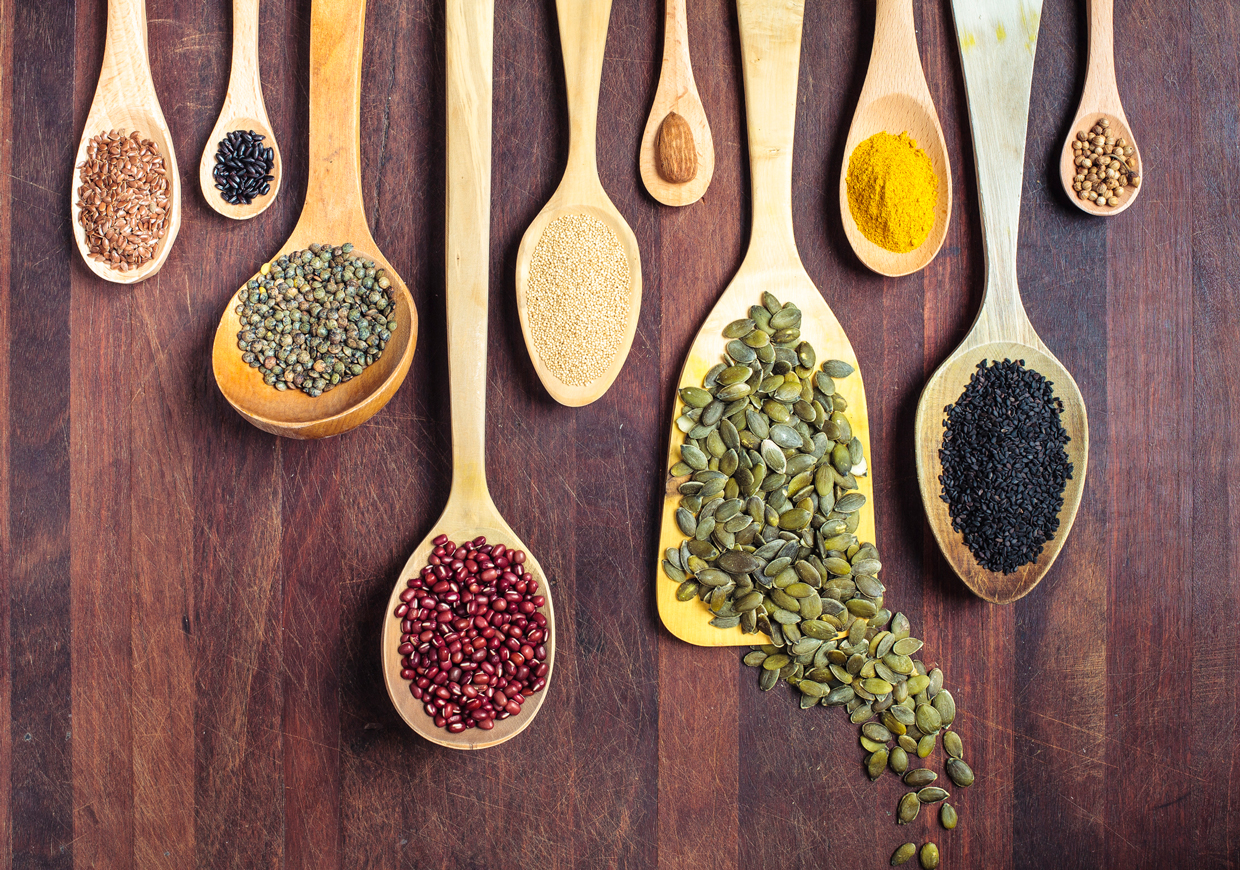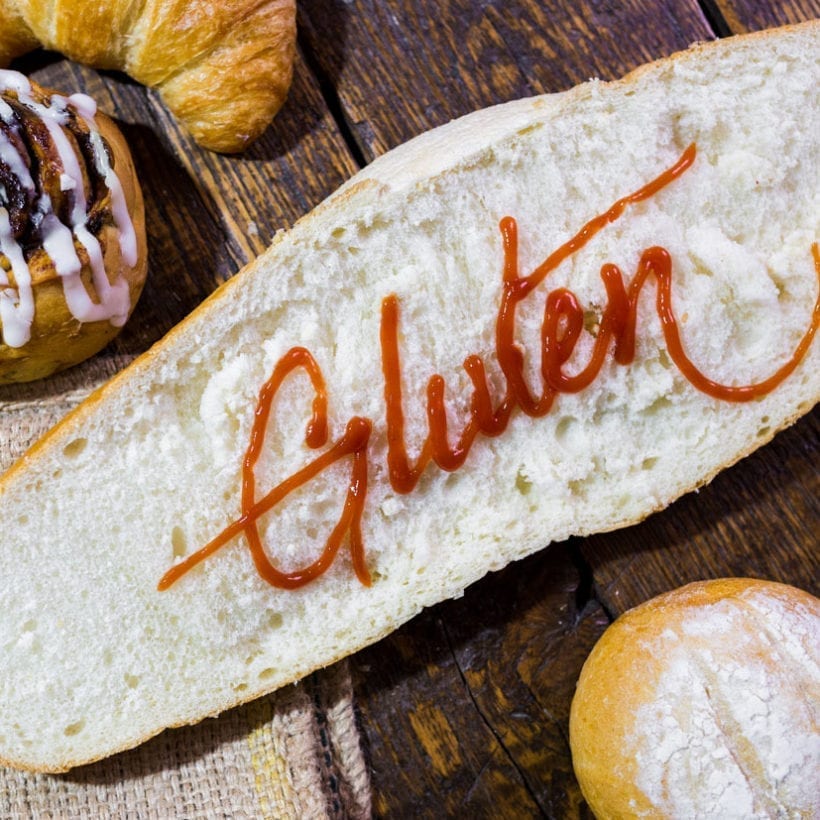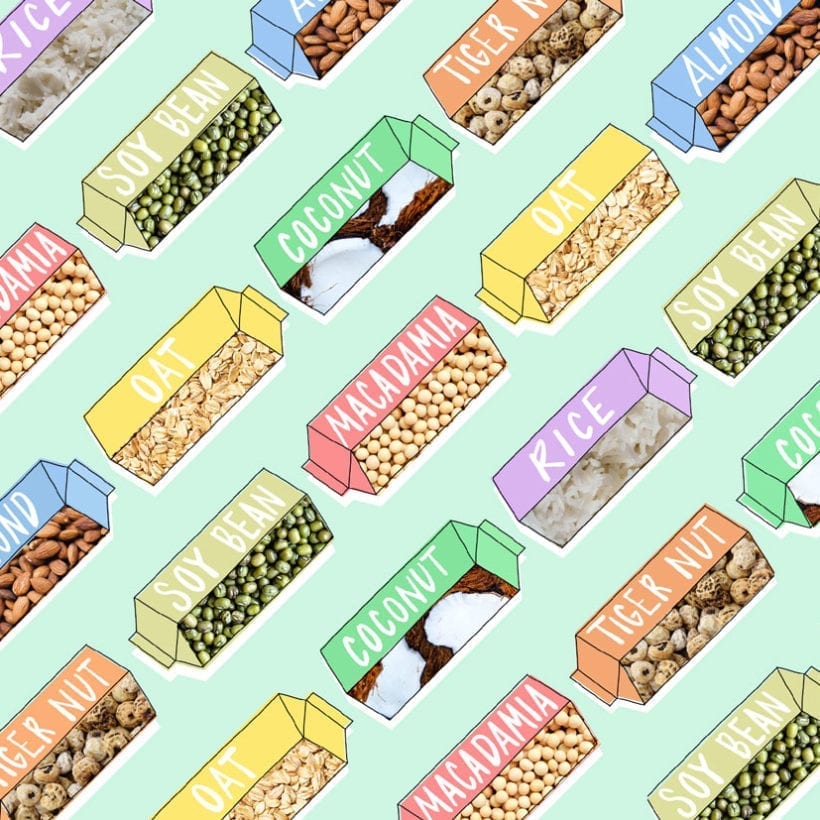Before we get to the nitty-gritty of the diet and its pros and cons, what exactly are lectins? To put it very simply, they are a protein found in just about every plant, animal, and microbe. In our everyday foods, they are most abundant in raw legumes (beans, peas, peanuts, soybeans, lentils), whole grains, and nightshades (tomatoes, potatoes, eggplants, capsicum). Plants have lectins as a protective measure — in short, they are a defense mechanism that can make animals (including us) feel unwell after consuming them in large quantities.
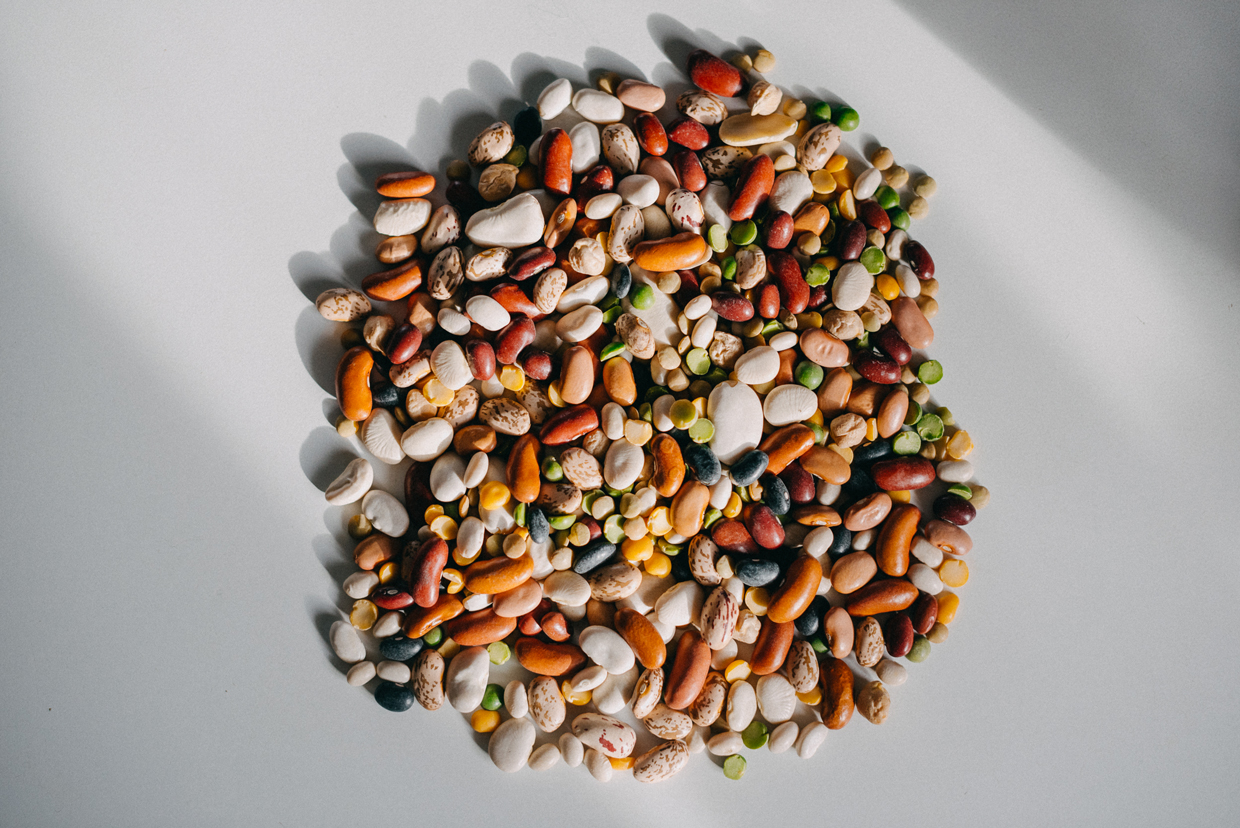
What’s a Lectin-Free Diet?
The theory of the lectin-free diet is that lectins are binding to the cell wall of the digestive tract, making us feel unwell and preventing our systems, namely the digestive system, from functioning properly. Popularized in Dr. Steven Gundry’s 2017 book, The Plant Paradox, the lectin-free diet cuts out most lectins at first, before reintroducing some in small quantities or cooking, soaking, or fermenting to reduce lectin quantity. It’s a very restrictive diet, shunning most fruit, grains, and dairy from cows.
Though eating lectin-free was initially a tool to minimize inflammation for those with existing conditions, especially autoimmune diseases (they include multiple sclerosis, celiac disease, and lupus), devotees also saw their weight normalize; so not just weight loss — those that were having a hard time putting weight on were able to. And that’s how it became known as a weight-loss diet. And let’s be honest, you’re going to sell a lot more books if it’s a sexier subject like getting to a normal, healthy weight. The popularity of the diet is undeniable: There are now six books in the Plant Paradox series, tens of thousands of articles written about the diet, hundreds of blogs dedicated to its dogma, over 200,000 Instagram posts devoted to the topic, and 70 percent of the more-than 12,000 reviewers on Amazon give The Plant Paradox book five stars.
What are the Pros of the Diet?
For starters, it focuses on eliminating all processed foods and eating very cleanly with a strong focus on vegetables, so it can be a vast improvement for those who consume a lot of junk food and minimal fiber. Those who have done the diet claim benefits including inflammation reduction, lifted brain fog, increased energy levels, weight loss, decreased allergies, and that it even saved their lives; the Lectin-Free Wife, a Houston-based devotee, recounts her inspiring health journey here.
Recently Joanna Czech, celebrity aesthetician, told Porter that she has done The Plant Paradox eating program for more than a year: “As with gluten, not everyone has a sensitivity to lectins, but cutting them out has made a big difference to me. For breakfast, I have a berry mix with sheep’s or goat’s yogurt, or eggs and avocado; then sea bass or salmon with vegetables for lunch and dinner. More importantly, I cut out corn, cucumber and tomato with this program; within a week I had fewer headaches and felt less sluggish.”

Despite the limited foods you can eat, there are some happy daily allowances: an ounce of dark chocolate, avocado galore, a glass of red wine, and some decent baking options using almond flour and allowed sweeteners like Stevia and monk fruit.
What are the Cons of the Diet?
Though many people have seen positive health results from following a lectin-free diet, Dr. Wesley McWhorter, spokesperson for the Academy of Nutrition and Dietetics warns that there isn’t enough research to support recommending this as a diet for most people. The research Dr. Gundry quotes throughout The Plant Paradox is not from peer-reviewed trials, but rather attributed to him and the research he’s done on his patients, most of whom came to him with ailments including cardiovascular problems and a slew of autoimmune diseases. McWhorter points out that “Often these fad diets start off because someone with a disease sees results. We apply strategies that don’t apply for the overall population.”
He adds that you have to look at where someone started — was his or her diet full of processed, fast food? “Ninety percent of adults aren’t eating a lot of vegetables and more than 90 percent of grains consumed in the U.S. are processed.” So cutting out junk and increasing fiber-rich vegetables is obviously going to have a positive impact. But is that due to lectins? Or is it that bag of cheesy poofs full of additives?
A lectin-free diet is also incredibly limiting, taking out foods that are documented as being nutritious and fiber-rich, such as beans, tomatoes, and fruit. Natalie Olsen, registered dietitian nutritionist and functional medicine practitioner says such a diet could “lead to over restriction, disordered eating behaviors, and potential nutrient deficiencies,” especially in children that are subjected to a lectin-free diet. (Yes, there is a Plant Paradox cookbook for families!)
Also, restrictive diets are rarely sustainable, says McWhorter: “Long term, you fall off the wagon because you can’t maintain it.”
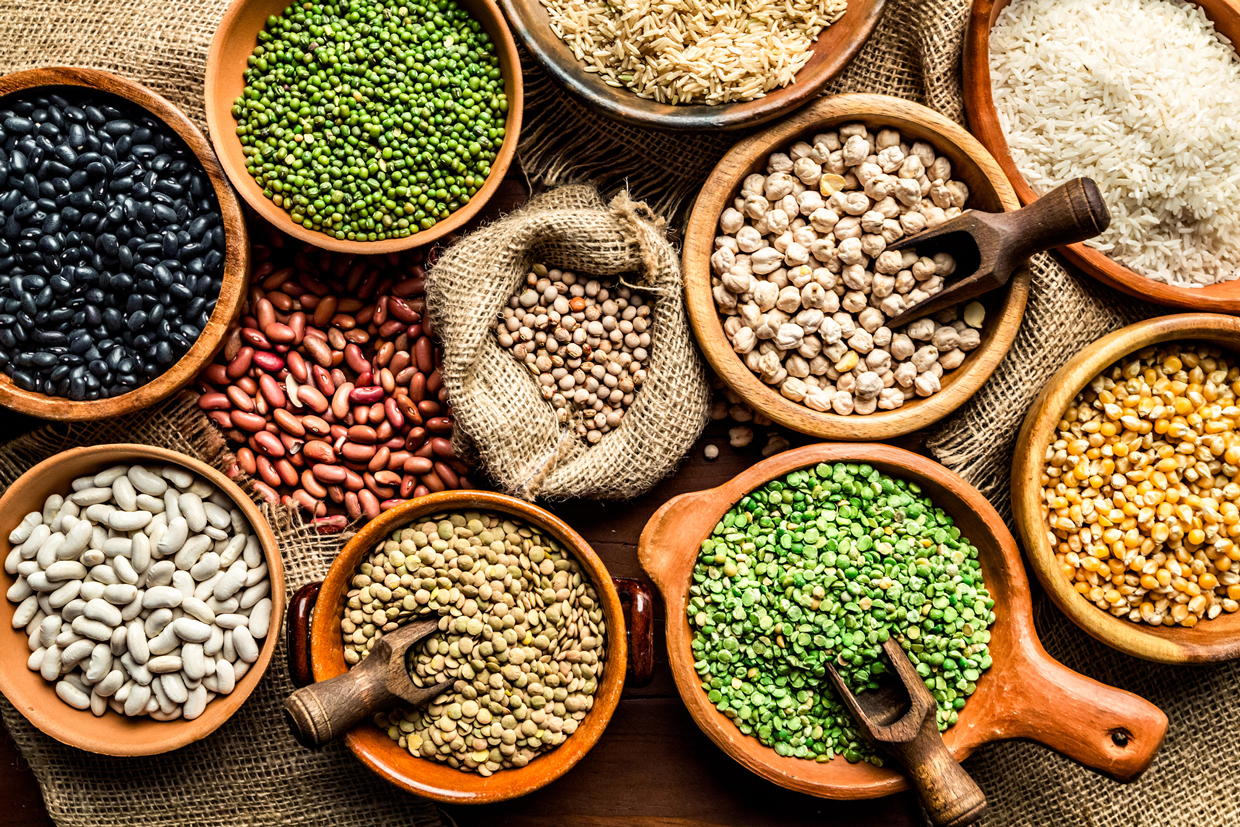
The biggest proponents of the lectin-free lifestyle are often people who suffer from diseases and find relief from this way of eating. But before cutting out all lectins, Olsen recommends discovering food intolerances with the help of a reputable healthcare provider, such as a registered dietician.“It should be assessed on an individual basis,” not because it worked for another person, she advises. She maintains that she’s “never had patient report improvements from a lectin-free diet,” and sees that “dairy, wheat, and gluten are far more common issues for people.” If you want to try an elimination diet because you think you could be sensitive to something, consult a professional, who will guide you through cutting out the most likely suspects first and help guide you with the time frame needed to thoroughly test each item, instead of cutting out an entire category of food like all lectins. Instead, you might try eliminating (or soaking and cooking) one category first, like beans, to see if it makes a difference because “The benefits of eating foods with lectins far outweighs any negative.”
The Verdict
“Short answer: I would not recommend a lectin-free diet,” says McWhorter. There isn’t enough research to confirm that this diet is beneficial for the mainstream. “The literature doesn’t back up the claims.” Those with autoimmune diseases, who have tried cutting out inflammatory foods like processed foods, dairy, and gluten, could benefit from reducing their lectin intake. But overall, there is an abundance of literature that supports eating nutritious, whole foods, including those with lectins. And of course, if you have questions or want professional help, look for a registered dietician or functional medicine doctor in your area to help work with your individual needs.
We only recommend products we have independently researched, tested, and loved. If you purchase a product found through our links, Sunday Edit may earn an affiliate commission.
